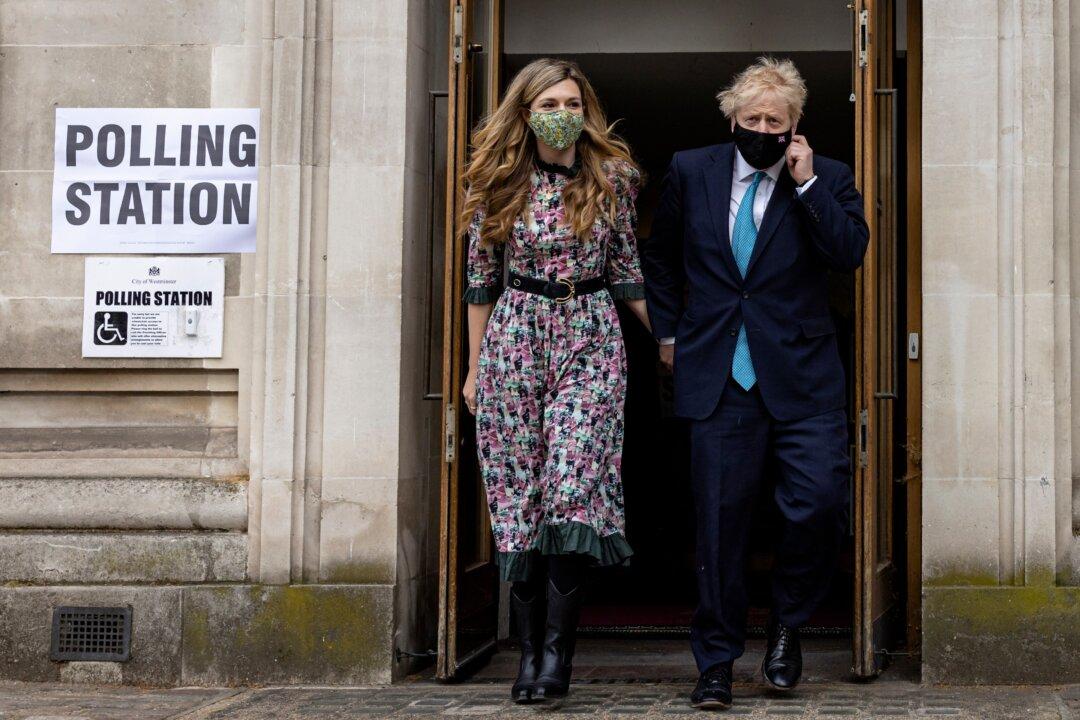The UK government plans to introduce requirements for voters to show photographic ID when casting ballots, in order to ensure the integrity of elections.
The Electoral Integrity Bill, which requires voters to show identification before being issued with a ballot paper in a polling station, is part of the Conservative government’s legislative agenda set out in the Queen’s Speech on Tuesday.





